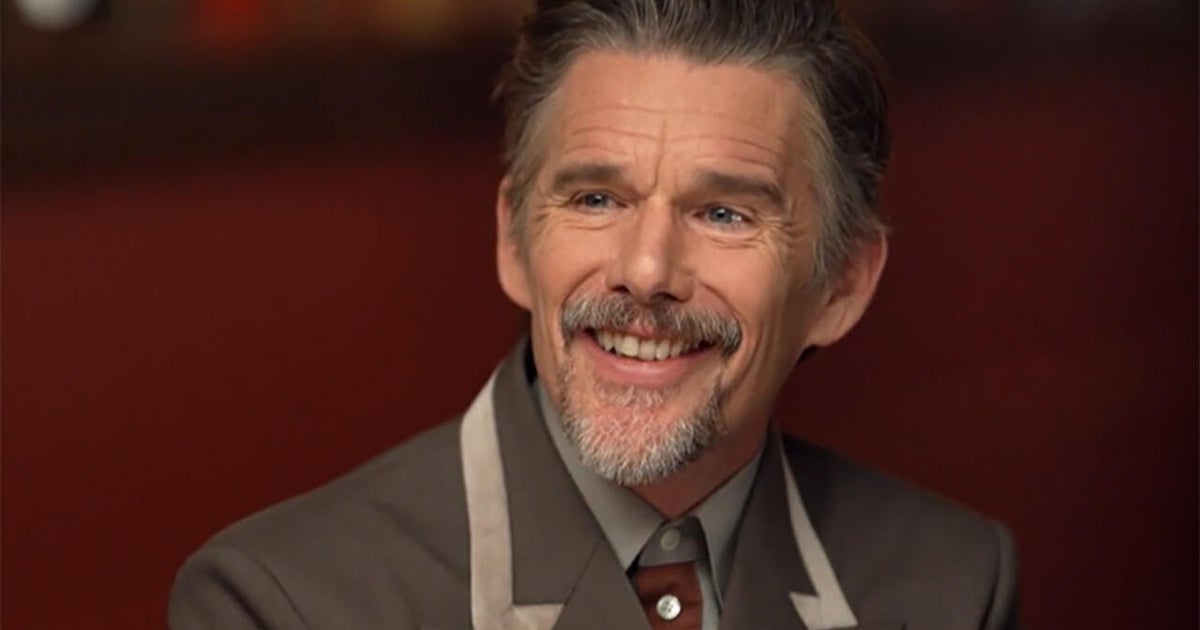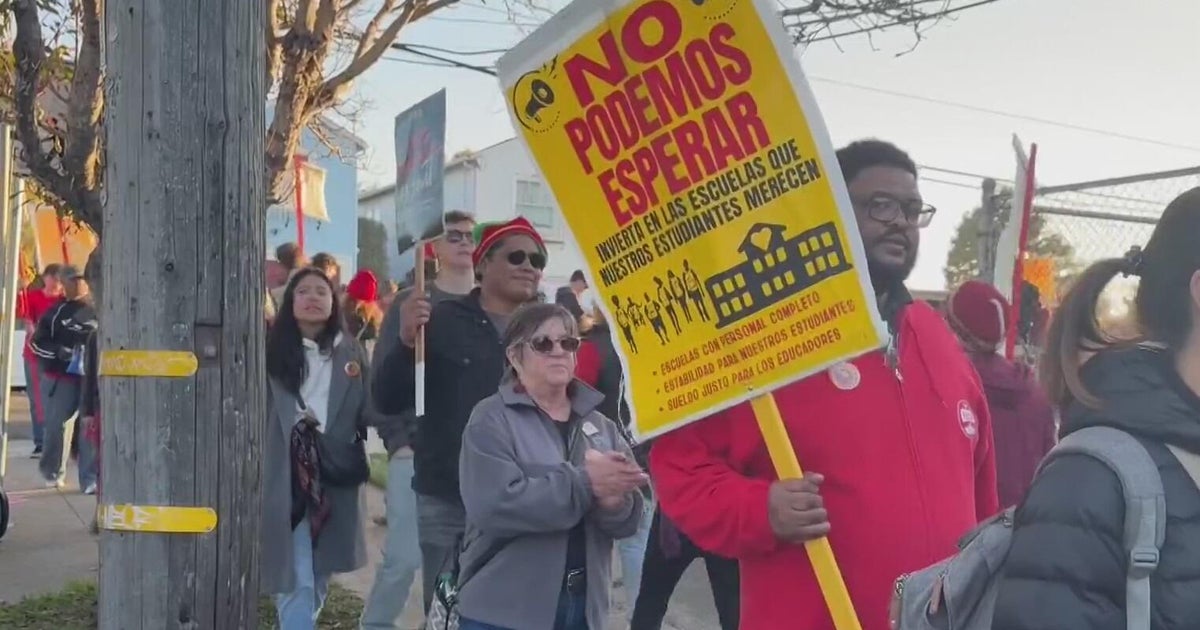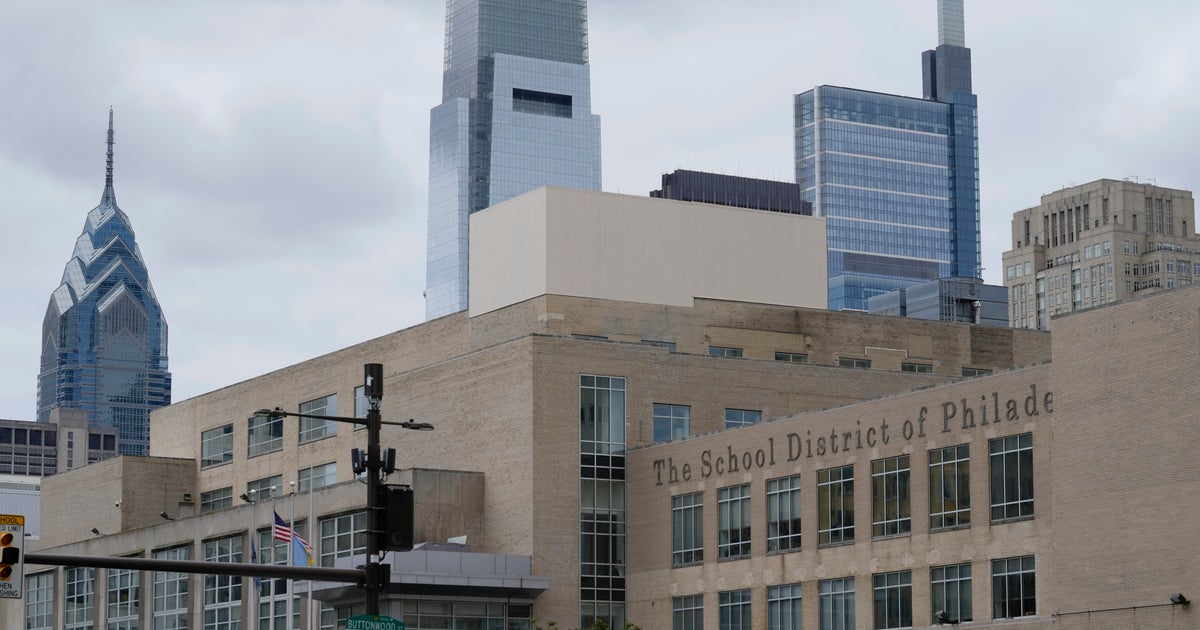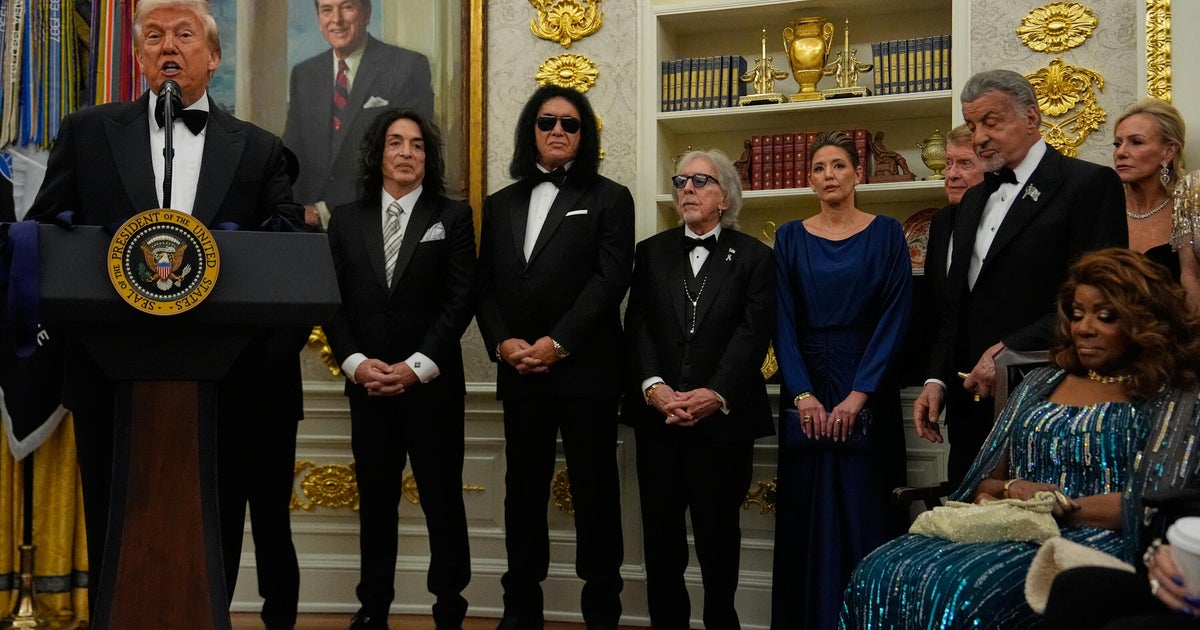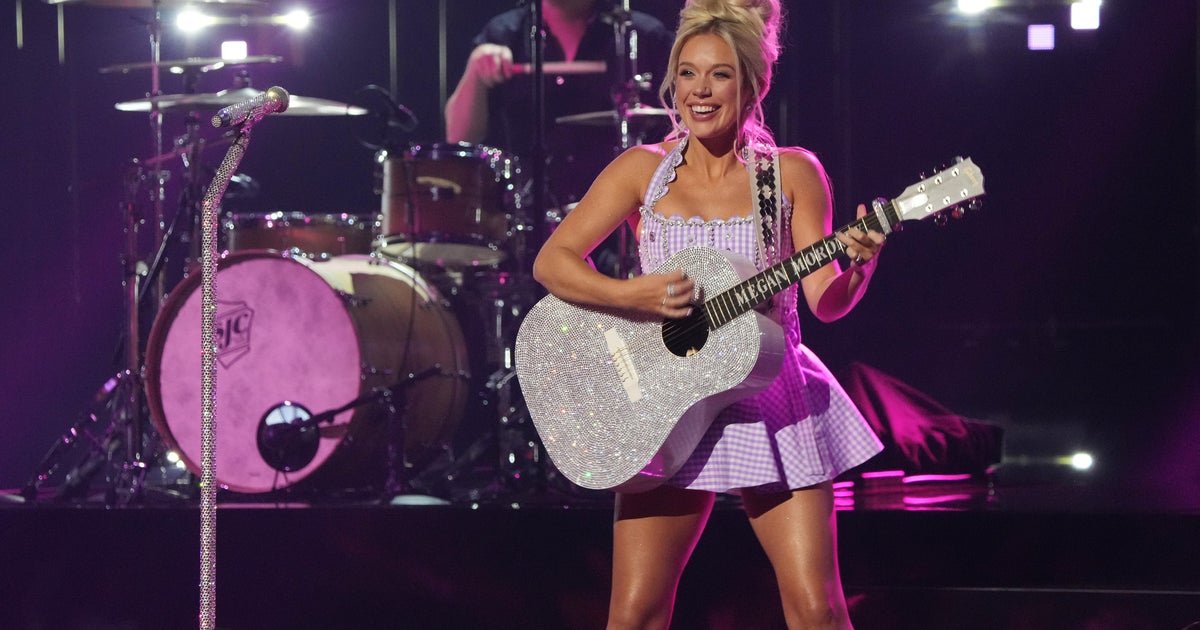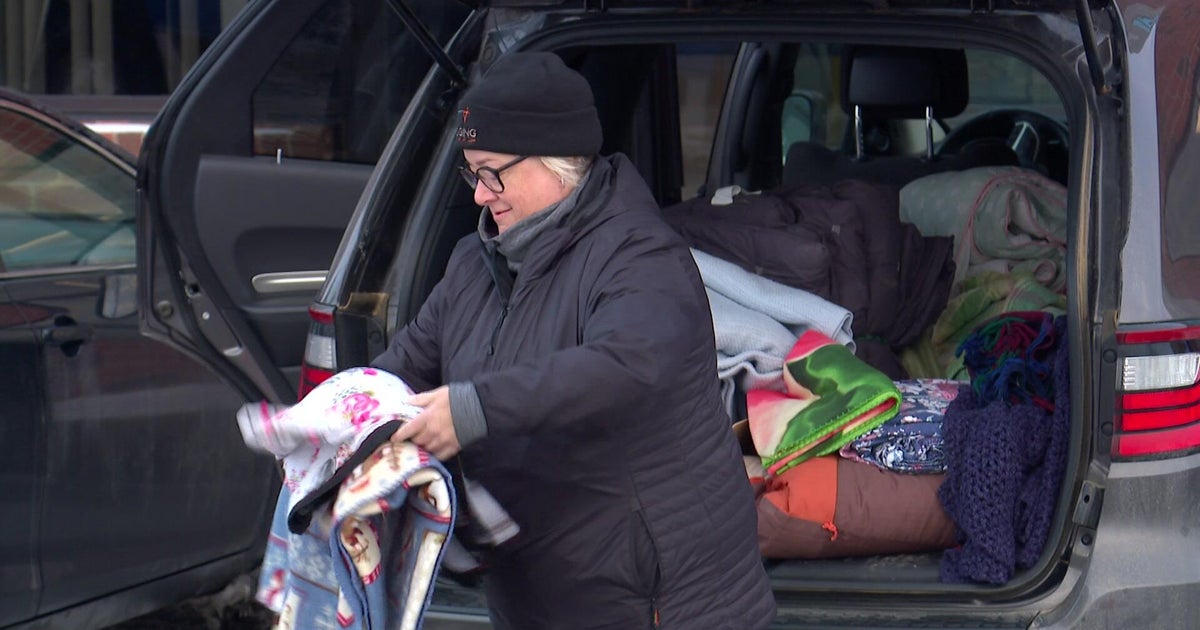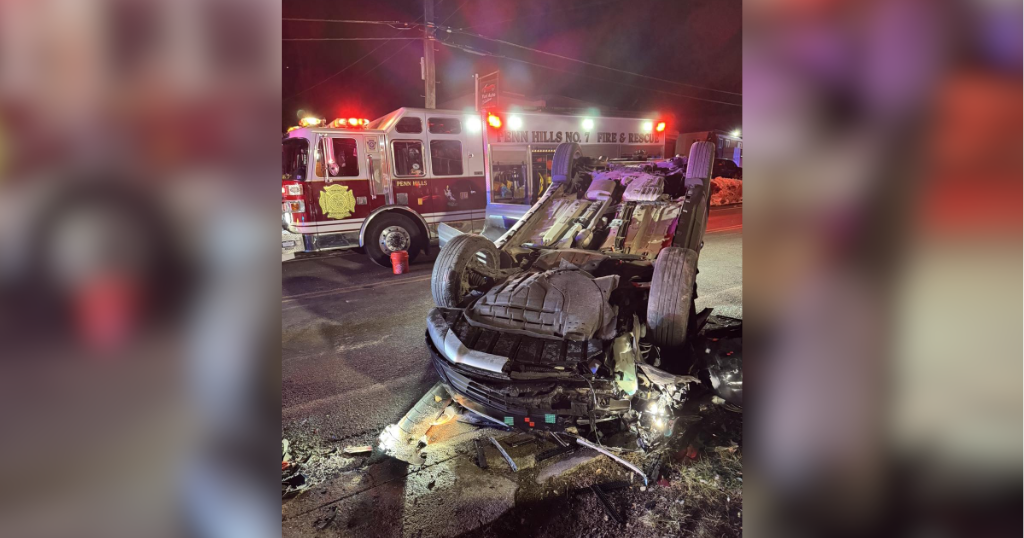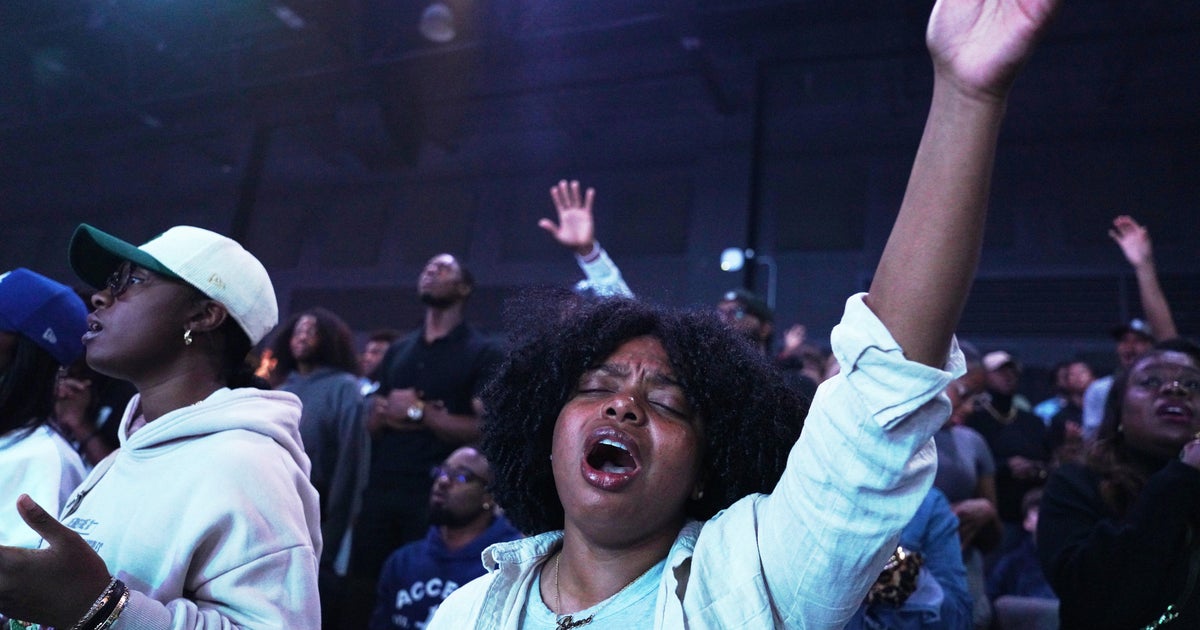Panic! at the Disco lead singer Brendon Urie partners with charity to inspire young musicians
Nearly four million students across the United States have no access to music education, despite its documented positive effects on cognitive function and academic performance. Now, thanks to famous figures like Panic! At the Disco lead vocalist Brendon Urie and non-profit Notes for Notes, children and young adults can explore their musical talents regardless of their financial situation.
Notes for Notes began when then-parking lot valet Philip Gilley convinced the city of Santa Barbara to give him some space where he could set up a music studio. He had been mentoring a youngster through Big Brothers/Big Sisters, and figured music was a fun activity they could share.
"But there was no place to go and do that," he said.
Fellow Big Brother Rod Hare soon partnered with him when he said he realized he had the same idea years earlier.
"I said, 'You know we could do this anywhere'," Hare recalled. "'You could put one of these in any city in America. Would you be willing to make this your life's work?'"
A little over a decade later, Notes for Notes has 25 studios in 16 cities, and has attracted some famous mentors.
"If I had access to this studio at these kids' age, I would have been much more well prepared and well versed for the music industry. When 'Panic' was started, we just head-dived first in," Brendon Urie told CBS News' Michelle Miller. "Not knowing what things to be wary of, what things to jump into. Yeah, definitely would've helped to have some kind of guidance like, this is how you write a song, this is how you produce something."
Urie said he was "floored" by the talent he saw in the children and young adults in the program. "These kids are phenomenal. It blows my mind," he said.
The teens have no trouble relating to Urie either, despite his pop star status.
"He's famous, but at his core, he's a guy who sings," young musician Tae McKinney said. "It's not hard to have a conversation with someone you can relate to."
Gilley said that providing access for free is important for the children's development.
"They can get all the instruments, they can get all the resources for free, no barriers to entry of not being able to afford something, or it not being available in school. And then sort of that way you learn would be more about building a bond with someone, as you're focused on learning something together," he said.
Teens like 15-year-old Demelle Cooley do not take the gift for granted. When asked what importance having access to these facilities meant to him, he replied, "It's power I haven't felt before. But like, with that kind of power I can change what's around me."
Others, like Zuzu Black, said that it was the equipment in the facilities that help her grow as a musician and have made it possible for her to produce her song, "Tide."
"It's not just like walking into your school band room," she said. "It's more like here's what you can get out of all this stuff – express yourself better as an artist and a person."
At the end of the day, Gilley says, "music has the power to change lives."
"That means many different things for some children," he explained. "We give them those tools of confidence, creativity, compassion, and community. That if they know it can exist here, then it can exist wherever they go next, and that transpires in their lives."
